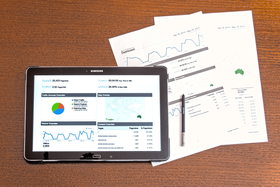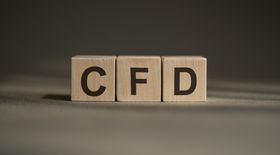What does slippage mean in trading?
Asked 4 years ago
Hi, I started financial trading not too long ago, and I've noticed a slippage percentage. What does it mean, and is it good or bad? How does it affect my trading, and is there a way to control slippage? Thanks!
Andia Rispah Igobwa
Wednesday, September 22, 2021
Slippage is the difference between a market participant's intended and actual trade execution prices. Slippage occurs when you make a trade, and the price is higher or lower than expected for buying and selling respectively.
Slippage occurs when the bid/ask spread changes between the time a market order is submitted and when an exchange or other market-maker executes the order.
Slippage exists in every market, including equities, bonds, currencies, and futures.
In the case of limit orders, traders are vulnerable to slippage because they might permit a trade at a lower price than anticipated.
Traders can use limit and stop-limit orders to avoid slippage by preventing transactions at or below a specified price.
Stop-loss orders may be used to avoid slippage when the price of a stock is declining.
It's also critical not to make trades during major news stories, as they may provide considerable opportunity for slippage.
Please follow our Community Guidelines
Related Articles

How to Develop a Stock Market Trading Strategy
Sofia Thai
April 23, 2021

Fortrade vs. easyMarkets: Which Trading Platform Is Better?
Filip Dimkovski
December 23, 2024

Crypto & Forex CFD Trading: Best Platforms by App & Country
Andrew Moran
September 30, 2021
Related Posts
Can't find what you're looking for?
